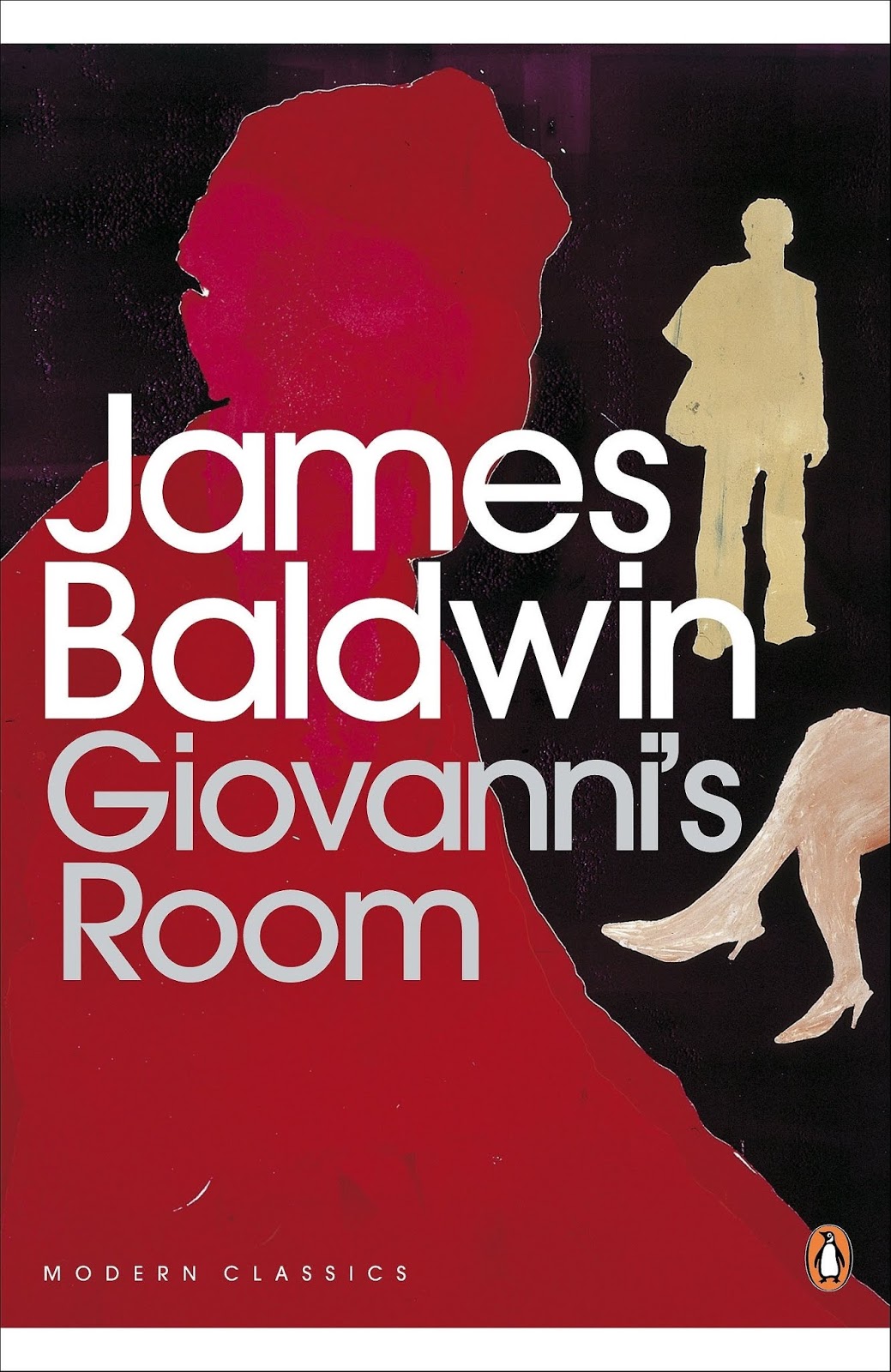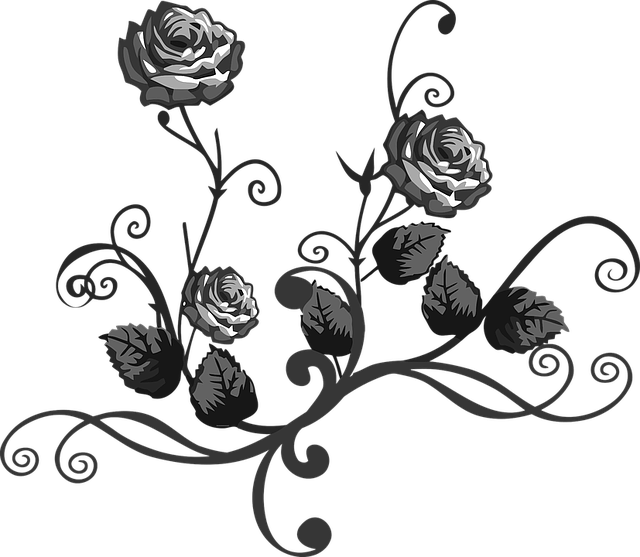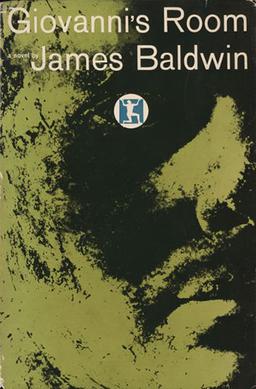Part ONE

Chapter 1
The novel opens with David thinking about his life; reminiscing. Baldwin leaves his readers in suspense with all of David’s past described in very brief. Then the reminiscing protagonist describes the incidents and circumstances of his childhood in details and the readers are drawn right into it. By laying his confused and tentative past right in front, Baldwin creates a compassionate atmosphere in the minds of his readers for the all the controversial elements to come. David’s terrorizing yet pleasing homosexual encounter with a younger boy from school, Joey, makes him run and hide from himself and his family for the rest of his life. His fear of being found out chases him all his life.
Chapter 2
David meets Giovanni and they hit it right off. There is this amazing connection and admiration between them right away. David finally finds himself. He could fully understand his own sexuality and finally began to accept it to some extent since he met Giovanni and felt as if everything fell right into place for him. He was scared as hell yet he could not but feel the instant pull of emotions.
Giovanni’s Room is a novel written by James Baldwin in 1956. It is well known for bringing complex representations to the forefront of public conversation. These include both homosexuality and bisexuality, and were introduced to an. Last Reviewed on June 3, 2020, by eNotes Editorial. Word Count: 704. James Baldwin’s Giovanni’s Room follows the story of David, the narrator, and his affair with another man, the titular.
Chapter 3
David is afraid to be alone with Giovanni; he is afraid of being lost in the spell. After he ends up going into Giovanni’s room, he knows his doom is near and it is too late for him to bail. Giovanni’s room being situated at a remote location from the main city of Paris signifies the almost too good to be true and out of the world experience they enjoy inside it. They make love that night in the unruly room of Giovanni’s that put strange order to David’s mind which feels it has the liberty to flourish. The rare blizzard sweeping through Paris marks the rare occurrence David had come upon of utmost pleasure and connection. The too-nosy land lady, perhaps stands for the society that barely lets anyone be and hands out all the mindless solutions to critical but very real human anomalies.
Part TWO

Chapter 1
David and Giovanni pass their days away from the world and days pass them by with extreme fluidity. The uncertainties regarding their future is eating them up from inside but they seem to have a lifetime worth of stuff to share with each other over coffee, cognac and cigarettes. Their connection builds alongside David’s insecurities.
- James Baldwin’s Giovanni’s Room follows the story of David, the narrator, and his affair with another man, the titular Giovanni. When the story opens, David relays that he had proposed to.
- Giovanni’s Room remains a stunning evocation of how shame persists, paralyzes, and, ultimately, destroys us. When Baldwin tried to publish Giovanni’s Room, he met pushback. His publisher, Knopf, wanted a book about African-American life in Harlem, like his earlier novel, Go Tell It on the Mountain; Baldwin had been pigeonholed not simply.
Chapter 2

David looked at the disorder scattered through Giovanni’s room as if it were Giovanni’s life itself and he was invited in to bring some kind of order to it. David receives a letter each from his father and Hella. His father’s letter made him wish he had lived up to his family’s expectations but he knew that he had never been cut out for it. Hella wrote that she was coming back to Paris and that makes David relieved and nervous at the same time. He finds Sue and have sex with her and instantly regrets his decision. Right afterwards, he was ashamed and even more nervous thinking of his emotional and sexual encounters to come with Hella, perhaps because making love to a woman and man are two entirely different ideas and David clearly fell deeply in love with Giovanni.
Chapter 3
Giovanni is assaulted by Guillaume at the bar and then fired from work. This section truly focuses on David and Giovanni’s feelings towards each other and showcases their emotional attachment. David cannot bring himself to say that it was time for him to leave Giovanni and go to Hella because he was in such a bad state at the time. All of David’s nervous energy was focused on making Giovanni feel better by hook or by crook. They spend a few cozy days with each other as if nothing can tear them apart and talk and talk about their life.
Chapter 4
Hella returns to Paris announced and David finds himself overwhelmed with joy. David just drops everything with Giovanni and takes right off to be with Hella without even letting Giovanni know. David keeps on trying to recreate his emotions for Hella but he continues to fail. He is hiding from Giovanni but in reality he is hiding from his feelings for Giovanni. Suddenly he comes across Giovanni one day and everything rushes back and he picks a fight with Giovanni and blames him for being irrational and leaves Giovanni’s room for good. Later he finds Giovanni in the streets at times with street gangs or being excessively drunk. Giovanni’s life falls apart without David and David’s eyes are always in search for Giovanni wherever he goes. Their love story comes to a sad end.
Chapter 5

Giovanni kills Guillaume and goes into hiding only to be found out soon after and be sentenced to death. After the news breaks, David’s hidden feelings for Giovanni start to come out even in front of Hella and he starts to fail to hide his sorrow and love for Giovanni from himself as well. David is not confused about his sexuality anymore and starts hanging out in gay bars when he is not with Hella. But one day Hella finds out about his rendezvous and leaves him for good. It is just a pure tragedy that David had to loose Giovanni to find his true self and come into terms with his sexuality.
Giovanni 27s Rooms

Throughout the course of the novel, David’s confused decisions keep a few people at distress including himself. Giovanni had to take one life and lastly, give his life up to clear the confusion out for David. Hella had to find things out the hard way though she always suspected it and be on her own after a lifetime of emotional turmoil. David had to sacrifice his one true love to find his true self. The search for one’s true self is always tricky business and it only gets trickier when that true self is not a conventional one and one has to doubt and second guess his every step and every heartbeat just to make sure whether he somehow can fit into the norm or not. David finds himself in this unconventional and strictly forbidden group and things get excessively difficult for him. He is the homosexual (or bisexual) American male who fled to Paris to find his true essence of being and once he finds it, he could not shake of the guilt and misery that his confusion and decisions had already cost.
Giovanni 27s Roommate
The narrative of Giovanni’s Room is narrated in a circular fashion where the suspense is created by starting from the very end as the story is told from the protagonist's memory and at the very end of the novel, the reader is left to put the pieces together and make sense of the beginning. Baldwin tells an unconventional story in such a beautiful way that one is bound to feel sorry for the conventional and unconventional characters alike and that is the true beauty of the novel. Assumed gender roles, forced norm of heterosexuality, racial tension and the set standard of what it means to be successful in life are the issues that are shed a sincere light on by James Baldwin in this novel.
Here are some reading questions to help you think about the novel as you read it.
- Interestingly, Giovanni’s Room is the only one of Baldwin’s novels without an African American character, even though it has autobiographical connections (Giovanni is based on a young Swiss man Baldwin himself met in Paris, Lucien Happersberger). Do you think this is significant for the topic of the novel, or not? Why or why not?
- What are the main points of crisis for the narrator (David) as he comes to terms with his own homosexuality—what is he most conflicted about? Think not only about his own desires and feelings (Joey, Giovanni) but also the role other characters such as Jacques, Guillaume, his father, Hella, and others play as embodiments of certain fears and conflicts in David. Make sure to mark passages that seem particularly important.
- In the 19th-century and early 20th-century texts, we talked about the Hellenizing discourse of beauty (Greek culture and homosexuality as a haven for imagining and beautifying queerness). There are some moments of great beauty in this text (language, imagery). What are some of them, for you? Why and how do they strike you as beautiful? Are these moments related to sexuality?
- What are some blatantly homophobic passages, and how are they related to David’s development in the novel? What purpose do they serve? Make sure you find at least two good examples.
- There are some interesting passages about being an American (as opposed to being French, Italian, etc.). Pay some attention to these. What relation do they have to the main themes of the novel, homosexuality and coming of age?
- Think about the main metaphor of the title: Giovanni’s room. What symbolic role might this room play in the novel? How does this “room” relate to another main theme of the novel, that of being/coming/being away from/making a “home”?
- What other largely symbolic themes and images do you find in this novel, especially related to water and to stagnation/inaction/emptiness? How might these be connected to the overall themes of a search for identity, self-denial, and the notion of “home”?
- What is Hella’s role, overall? Would it be a stretch to compare hers to Sibyl Vane’s in The Picture of Dorian Gray? How does/doesn’t the analogy work?
- What is the role of class?
- What is the role of aging/aged gay men, especially Jacques and Guillaume, especially in relation to the young men they meet and woo? What gaps and hierarchies does that reveal within the gay male community, as it’s being depicted here? What does all this have to do with the crime that happens later in the novel?
- Overall, what sorts of contribution has Baldwin made to the developments of queer literature, as we have traced it in this course so far? How does it reveal both a new step (progress) in depicting homosexuality in literature, and carry the burden of queer literature’s past?
- How does this novel address transgression and taboo (to follow up on our discussion of that with the Tim Dean article last week)?
- What do you personally think of the ending of this book? What “lessons” do you think readers could possibly take away from it?